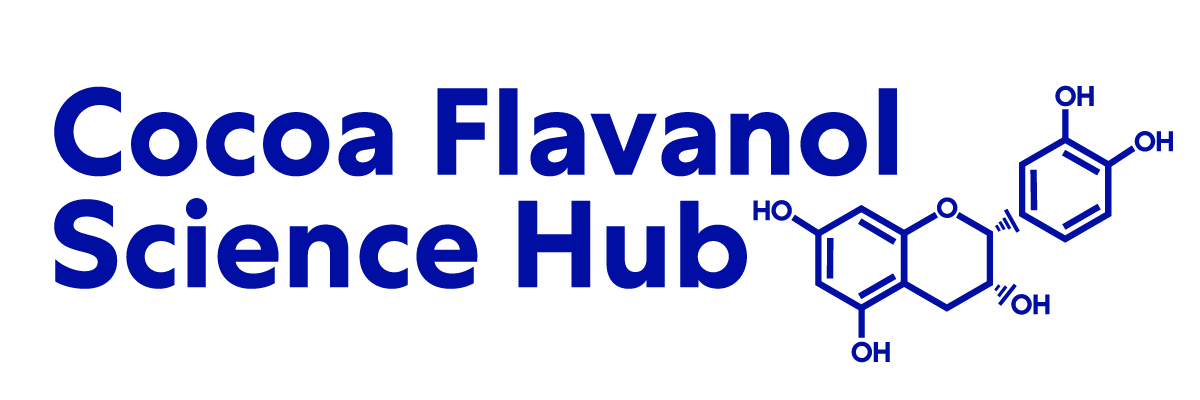Cocoa procyanidins and human cytokine transcription and secretion.
We examined whether cocoa, in its isolated procyanidin fractions (monomer through decamer), would modulate cytokine production at the levels of transcription and protein secretion in both resting and phytohemagglutinin (PHA)-stimulated peripheral blood mononuclear cells (PBMC). In resting cells, interleukin (IL)-1beta and IL-4 gene expression from cocoa-treated cells varied markedly among the subjects tested. However, at the protein level, the larger fractions (pentamer through decamer) stimulated a dramatic increase in IL-1beta concentration (up to ninefold) with increasing degree of polymerization. Similarly, these larger fractions augmented IL-4 concentration by as much as 2 pg/ml, whereas the control displayed levels nearly undetectable. In the presence of PHA, gene expression also seemed to be most affected by the larger procyanidin fractions. The pentameric through decameric fractions increased IL-1 beta expression by 7-19% compared with PHA control, whereas the hexameric through decameric fractions significantly inhibited PHA-induced IL-4 transcription in the range of 71-86%. This observation at the transcription level for IL-1 beta was reflected at the protein level in PHA-stimulated PBMC. Significant reductions in mitogen-induced IL-4 production were also seen at the protein level with the hexamer, heptamer and octamer. Individual oligomeric cocoafractions were unstimulatory for IL-2 in resting PBMC. However, when induced with PHA, the pentamer, hexamer and heptamer fractions caused a 61-73% inhibition in IL-2 gene expression. This study offers additional data for the consideration of the health benefits of dietary polyphenols from a wide variety of foods, including those benefits associated specifically with cocoa and chocolate consumption.
See the Full Study > (opens in a new tab)









